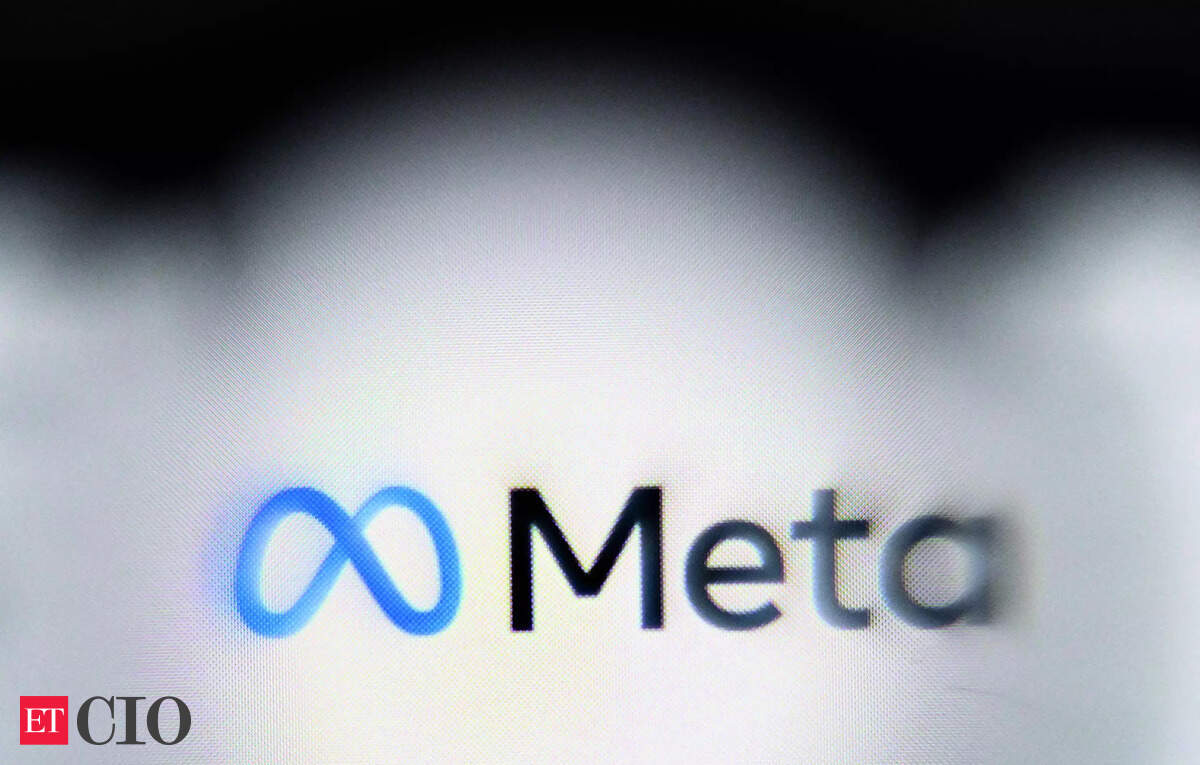Meta Establishes New Research Lab Focused on Artificial General Intelligence

Meta is reportedly establishing a new artificial intelligence research lab dedicated to achieving "superintelligence," a hypothetical AI system with capabilities exceeding the human brain, as the tech giant endeavors to maintain its competitive edge in the rapidly advancing AI technology race. This initiative, according to multiple sources with knowledge of the company's plans, signifies a major push by Meta in the AI domain.
To lead this new venture, Meta has reportedly enlisted Alexandr Wang, the 28-year-old founder and CEO of AI startup Scale AI. In conjunction with Wang joining the lab, Meta is said to be in discussions for a substantial investment in Scale AI, potentially exceeding $10 billion, according to a Bloomberg News report. This deal would also likely involve other Scale AI employees transitioning to Meta. Furthermore, Meta has been actively recruiting top talent, offering lucrative seven- to nine-figure compensation packages to dozens of researchers from leading AI companies such as OpenAI and Google, with some already agreeing to join.
This new lab and aggressive recruitment strategy are part of a larger reorganization of Meta's AI efforts. The company, which owns major platforms like Facebook, Instagram, and WhatsApp, has recently navigated internal management struggles concerning AI, alongside employee attrition and some product releases that did not meet expectations. CEO Mark Zuckerberg has invested billions of dollars to transform Meta into an AI powerhouse, a drive that has intensified since OpenAI's release of ChatGPT in 2022 spurred an industry-wide race to develop increasingly powerful AI. Zuckerberg has been advocating for the integration of AI across all Meta products, including its smart glasses and the Meta AI application. The pursuit of AI dominance is crucial for tech giants like Meta, Google, Amazon, and Microsoft, as AI is widely considered the future of the industry. These corporations have been channeling significant funds into AI startups and their internal research labs. For example, Microsoft has invested over $13 billion in OpenAI, while Amazon has committed $8 billion to AI startup Anthropic. Last year, Google entered into a $3 billion agreement to license technology and hire personnel from Character.AI, a startup focused on conversational chatbots.
In February, Mark Zuckerberg, 41, described AI as "potentially one of the most important innovations in history," emphasizing that the current year would be formative for the technology's future. While "superintelligence" is considered a futuristic objective by leading researchers, the more immediate aim for many, including OpenAI and Google, is to build "artificial general intelligence" (AGI). AGI is defined as a machine capable of performing any intellectual task that a human being can, though a clear path to achieving this remains elusive. Superintelligence, if developed, would surpass AGI in its capabilities. Zuckerberg is reportedly assembling a dedicated team of approximately 50 experts, including a new head of AI research, to specifically pursue AGI. This move is said to be partly fueled by his frustration over the performance and public reception of Meta's latest large language model, Llama 4.
Meta's journey in AI development spans over a decade. Zuckerberg established the company's first dedicated AI lab in 2013, following an unsuccessful attempt to acquire DeepMind, which is now a cornerstone of Google's AI initiatives. Since then, Meta's AI research has been significantly influenced by its chief AI scientist, Yann LeCun, who is also a professor at New York University. LeCun is a pioneer in neural networks, the foundational technology for systems like ChatGPT. A recipient of the 2018 Turing Award, LeCun is highly respected in the AI field. However, his perspectives on achieving AGI differ from some others in Silicon Valley; he posits that entirely new conceptual breakthroughs are required, rather than merely scaling existing technologies. Following the surge of interest in AI post-ChatGPT, Meta increased its investment in the field, creating a generative AI group under Vice President Ahmad Al-Dahle, and LeCun's research group began focusing on what he views as the next generation of AI.
A core component of Meta's strategy to gain ground in the AI landscape has been its "open source" approach, making its AI code, such as the Llama model, freely available to developers. Its chatbot product, Meta AI, has been integrated across Facebook, Instagram, and WhatsApp, as well as its Ray-Ban smart glasses, reportedly reaching over 1 billion monthly users by May. Despite these initiatives, Meta's AI division has recently faced challenges, including employee departures attributed to a demanding product development pace, internal leadership conflicts, and a highly competitive labor market. In April, Zuckerberg announced two new versions of Meta's Llama AI models, claiming their performance was comparable or superior to models from OpenAI and Google, based on benchmarks compiled by Meta. However, these claims were soon questioned by external researchers, who suggested Meta's benchmarks might have been designed to portray its product more favorably, leading to criticism and reportedly, Zuckerberg's own displeasure with the perceived underperformance of the latest release. More recently, in May, Meta reportedly delayed the release of its flagship "Behemoth" AI model due to concerns about its capabilities.
Meta is now pinning its hopes on Alexandr Wang and the new AGI and superintelligence initiatives to reclaim a leading position in the competitive AI race. The company must proceed with caution, however, as it has previously faced regulatory scrutiny from the Federal Trade Commission (FTC) over its acquisitions of Instagram and WhatsApp. An unconventionally structured investment deal with Scale AI could potentially be a strategy to navigate such regulatory concerns.










